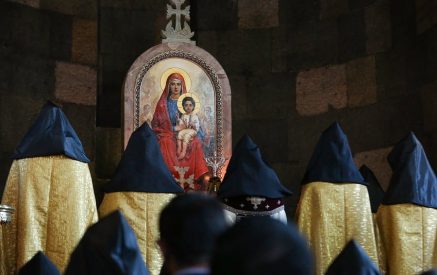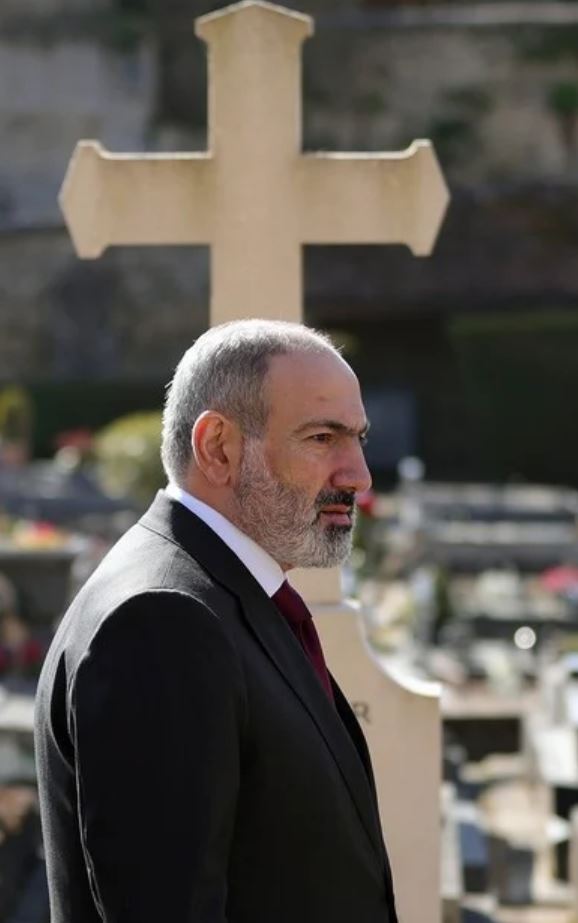I love the Gospel; the word of God presented there is understandable and close to my heart. I cannot say the same about the Old Testament. Let’s see, for example, how there God teaches Moses how to offer sacrifices.
“Anyone who cannot afford a lamb is to bring two doves or two young pigeons to the Lord as a penalty for their sin—one for a sin offering and the other for a burnt offering. They are to bring them to the priest, who shall first offer the one for the sin offering. He is to wring its head from its neck, not dividing it completely, and is to splash some of the blood of the sin offering against the side of the altar; the rest of the blood must be drained out at the base of the altar. It is a sin offering.
The priest shall then offer the other as a burnt offering in the prescribed way and make atonement for them for the sin they have committed, and they will be forgiven.” (Leviticus 5:7-10). I do not believe that through these atrocities it is possible to purify oneself, to become better, to become closer to God.
And secondly, I committed the sin, so I will suffer, I will answer. What is the matter with the poor sheep and birds? It is very “comfortable” to solve the problems of one’s soul by torturing another living being. In general, these ritual formalities seem absurd to me, because they offer overly simple ways of improvement. Having the greatest respect for the spiritual class (first of all, of course, our Armenian Apostolic Church), it seems to me that the attitude towards the “prescriptions” offered by them should be critical, it is not possible to accept everything unconditionally.
Religion, from the point of view of some of its ministers, is a set of rules for enjoining people to do certain things and forbidding certain things. Don’t do these things or you will end up in the fires of hell, but do these things (eg torture animals) to get some kind of “compensation” in the afterlife.
However, those who are in spiritual search, as a rule, go beyond those mechanical, I would even say, bureaucratized rules. Our greatest poet and philosopher Grigor of Narek or Catholic Francis of Assisi do not so much give answers to believers as they raise questions and do not pretend to have ready-made prescriptions. Some of the “seekers,” like Tolstoy, are opposed to the official religion, some are not, like Narekatsi or Francis, and formulate their “doubts” in an artistic-philosophical form. Others, like Martin Luther, are initially opposed, but then create their own, more “bureaucratic” teaching.
But there are also Protestants, for example, Albert Schweitzer, who was critical of the texts of the Bible and used his own life, not the written dogmas, as an argument for faith. If certain “models” of orientation are needed, then they should be seen in “seekers.”
When one is a “seeker” rather than a rule-making overseer, one recognizes that one’s way of doing things may not be “the only right way.”
Aram Abrahamyan





















































